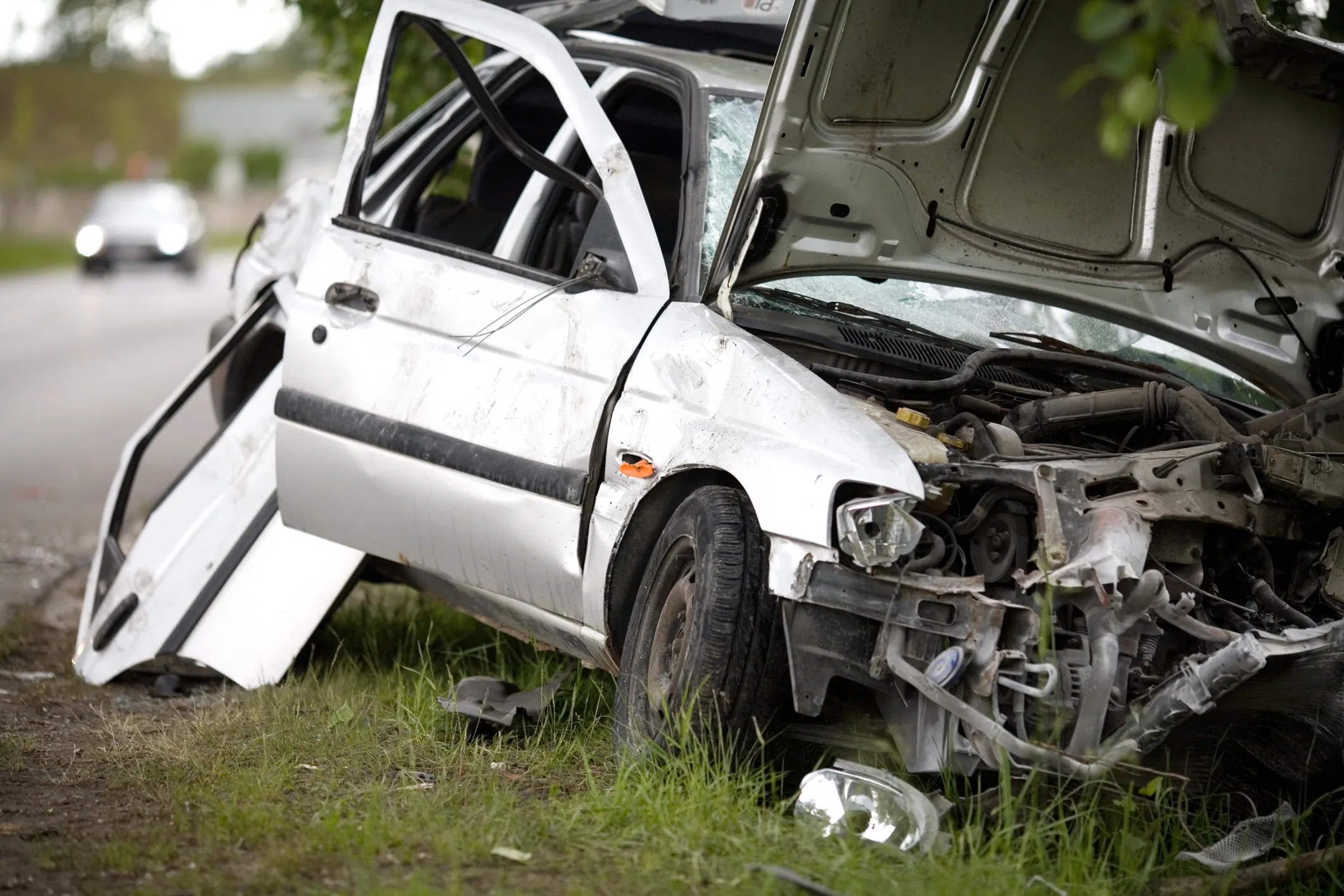Transport safety campaigners are calling on the European Union to accelerate progress on reducing the number of people killed in cars annually in the EU, as new research shows 12,345 car occupants died in 2012. The report into trends in car occupant safety, published today (29 April 2014) by the European Transport Safety Council (ETSC), claims that 900 lives could be saved every year in the EU if car manufacturers were required to fit seat-belt reminder sensors to front and rear passenger seats to help prev
April 25, 2014
Read time: 3 mins
Transport safety campaigners are calling on the European Union to accelerate progress on reducing the number of people killed in cars annually in the EU, as new research shows 12,345 car occupants died in 2012.
The report into trends in car occupant safety, published today (29 April 2014) by the1197 European Transport Safety Council (ETSC), claims that 900 lives could be saved every year in the EU if car manufacturers were required to fit 3068 Seat-belt reminder sensors to front and rear passenger seats to help prevent deaths from failure to wear belts. The European Commission is currently revising vehicle safety rules with new proposals expected next year.
Despite improvements in vehicle safety, drink driving and inappropriate speed are still contributing to many deaths on European roads. ETSC estimates that 5,600 deaths, half of them in cars, could be prevented annually by eliminating drink driving and a further 1,300 if the average speed on all roads was cut by just 1km/h. ETSC is calling on the EU to mandate the use of alcohol interlocks for repeat drink driving offenders and for better enforcement of speed limits across all member states.
Antonio Avenoso, executive director of ETSC, said, “While huge progress has been made in cutting the number of people killed in cars on Europe’s roads, it is simply wrong that 12,000 still die every year for reasons that are mostly avoidable. Simple measures like Seat belt reminders in front and rear passenger seats, better enforcement of speed limits, and measures to prevent repeat drink drivers from getting behind the wheel could put the EU’s target of halving the number of road deaths by 2020 firmly within reach.”
Despite the large number of deaths still occurring, the report notes that existing measures have been very effective – and should be widened. The report estimates that 8,600 car occupants survived severe collisions in 2012 because they were wearing a seatbelt. The number saved each year by improved occupant protection, such as airbags and side-impact bars, built into cars is harder to estimate, but is clearly many thousands.
Spain and Latvia are highlighted by the researchers for having made particularly strong progress in cutting car occupant deaths. The introduction of penalty point systems was cited as being an important component in an array of measures taken to improve safety in those countries.
Countries with historically good performance including Switzerland, the Netherlands, the UK and Sweden have also managed to continue their good progress and are now the safest countries ranked in terms of car occupant deaths per billion vehicle-km travelled.
The report “Ranking EU Progress on Car Occupant Safety” is based on analysis of EU data overseen by a panel of 32 road safety experts from across Europe.
For further information, and to download the report and background data tables, go to %$Linker:2 External <?xml version="1.0" encoding="utf-16"?><dictionary /> 0 0 0 oLinkExternal www.etsc.EU/pin Visit www.etsc.eu/pin false http://www.etsc.eu/pin false false %>
The report into trends in car occupant safety, published today (29 April 2014) by the
Despite improvements in vehicle safety, drink driving and inappropriate speed are still contributing to many deaths on European roads. ETSC estimates that 5,600 deaths, half of them in cars, could be prevented annually by eliminating drink driving and a further 1,300 if the average speed on all roads was cut by just 1km/h. ETSC is calling on the EU to mandate the use of alcohol interlocks for repeat drink driving offenders and for better enforcement of speed limits across all member states.
Antonio Avenoso, executive director of ETSC, said, “While huge progress has been made in cutting the number of people killed in cars on Europe’s roads, it is simply wrong that 12,000 still die every year for reasons that are mostly avoidable. Simple measures like Seat belt reminders in front and rear passenger seats, better enforcement of speed limits, and measures to prevent repeat drink drivers from getting behind the wheel could put the EU’s target of halving the number of road deaths by 2020 firmly within reach.”
Despite the large number of deaths still occurring, the report notes that existing measures have been very effective – and should be widened. The report estimates that 8,600 car occupants survived severe collisions in 2012 because they were wearing a seatbelt. The number saved each year by improved occupant protection, such as airbags and side-impact bars, built into cars is harder to estimate, but is clearly many thousands.
Spain and Latvia are highlighted by the researchers for having made particularly strong progress in cutting car occupant deaths. The introduction of penalty point systems was cited as being an important component in an array of measures taken to improve safety in those countries.
Countries with historically good performance including Switzerland, the Netherlands, the UK and Sweden have also managed to continue their good progress and are now the safest countries ranked in terms of car occupant deaths per billion vehicle-km travelled.
The report “Ranking EU Progress on Car Occupant Safety” is based on analysis of EU data overseen by a panel of 32 road safety experts from across Europe.
For further information, and to download the report and background data tables, go to %$Linker:







